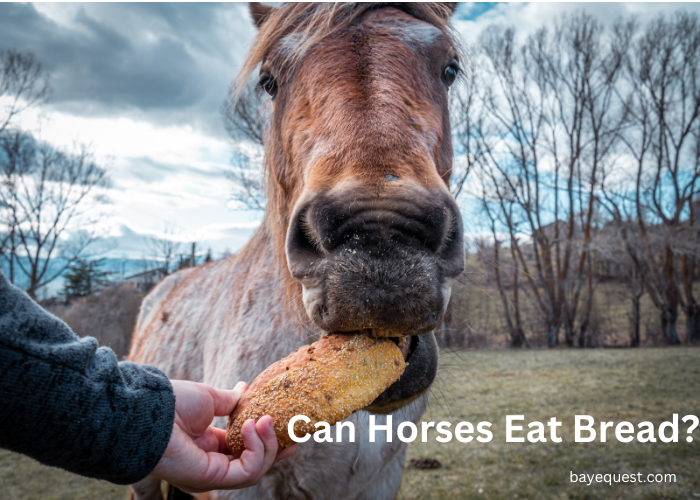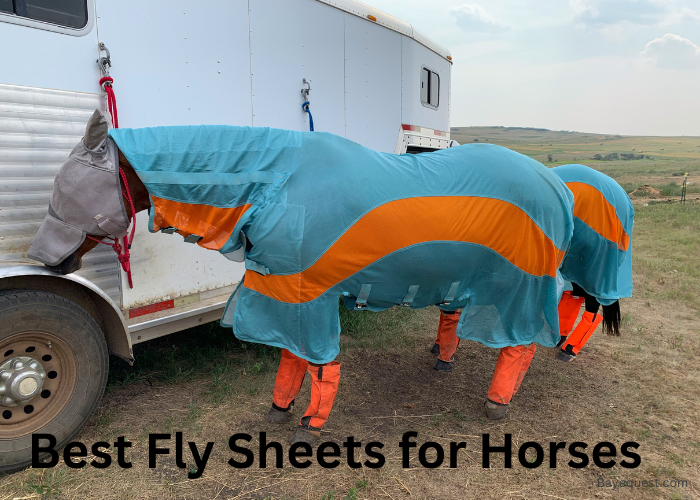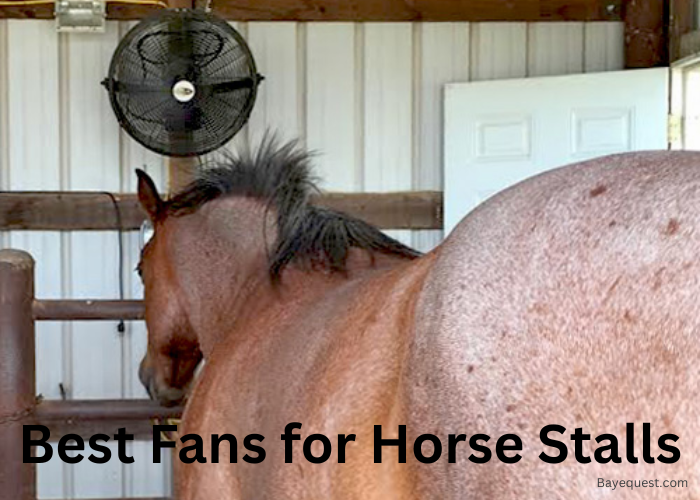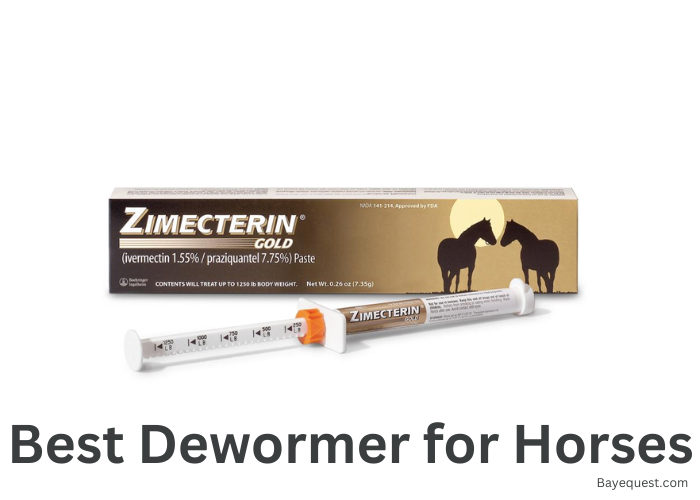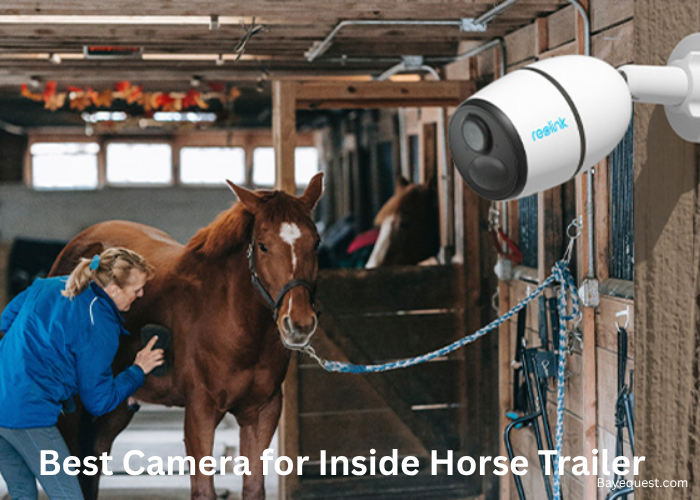Bread might seem like a harmless treat to share with your horse, but is it a good idea? Horses have unique dietary needs that aren’t always compatible with human foods.
In this post, we’ll dive into whether giving your horse a slice of bread is safe or if it could cause more harm than good. From the effects of bread on digestion to potential health risks, we’ll break down everything you need to know.
Let’s uncover if this common snack is suitable for your equine friend.
Can Horses Eat Bread? Key Takeaway
Yes, horses can eat bread occasionally, but it shouldn’t be a primary feed. Bread lacks key nutrients horses need and can lead to mineral and vitamin imbalances if fed as the main concentrate. Though high in calories, bread offers little nutritional value compared to balanced horse feeds.
Can Horses Eat Banana Bread?
Horses can eat banana bread, but it should be a rare treat, only in small amounts. While bananas are safe for horses, banana bread often contains added sugar, fats, and sometimes nuts or chocolate, which are not good for horses.
Too much sugar can lead to weight gain and dental problems, and certain ingredients, like chocolate, can be toxic. If you want to share some banana bread with your horse, make sure it’s plain and has no harmful ingredients, and give only a small piece.
As always, consult your vet before introducing new foods to your horse’s diet.
Interesting read: Is chocolate toxic to horses?
Can Horses Eat Seeded Bread?
Yes, horses can have seeded bread, but like any treat, it should be given only occasionally and in small amounts. The seeds in the bread aren’t harmful to horses, but the bread itself doesn’t offer much nutrition.
Also, some seeded breads might contain ingredients that aren’t great for horses, like high amounts of sugar or unhealthy fats. If you give your horse seeded bread, make sure it’s plain and doesn’t include anything extra like raisins or chocolate, which can be dangerous for horses.
Always check with your vet before adding anything new to your horse’s diet, even as simple as bread.
Can Horses Eat Raisin Bread?
It’s best not to give raisin bread to horses. Raisins can be toxic to horses and may cause kidney damage. Even small amounts could potentially lead to health issues.
While bread can be an occasional treat in small quantities, raisin bread should be avoided to keep your horse safe. To treat your horse, stick to safer options like plain, fresh fruits or commercially prepared horse treats.
Always check with your vet if you’re unsure about introducing new foods into your horse’s diet.
Can Horses Eat Moldy Bread?
No, horses should never eat moldy bread. Mold can be very harmful to horses, even more so than to humans.
It can lead to serious health issues, including respiratory problems and colic, which is severe abdominal pain. Always ensure that any food you give your horse, including treats, is fresh and mold-free.
If you ever doubt whether something is safe to feed your horse, throw it out. Better safe than sorry when it comes to the health of your four-legged friend.
How Much Bread Can a Horse Eat?
When it comes to feeding bread to horses, less is more. Bread isn’t a natural part of a horse’s diet and doesn’t offer much nutritional value for them.
Giving your horse a small piece of bread as an occasional treat is okay, but it should be limited. Think of it this way: occasionally, a few small bites are enough.
Too much bread can cause digestive issues and contribute to unhealthy weight gain. Ensure the bread is plain and free from harmful ingredients, like chocolate or raisins.
Remember, the main diet of a horse should always be based on their usual forage and grains. If you’re unsure, it’s best to talk to a vet about the safest treats for your horse.
Nutritional Content of Bread
Here’s a table representing the approximate nutritional content of a typical slice of white and whole wheat bread. Remember that the specific values can vary based on the brand and the exact ingredients used.
| Nutrient | White Bread (per slice, approx. 28g) | Whole Wheat Bread (per slice, approx. 28g) |
| Calories | 75 kcal | 69 kcal |
| Protein | 2.2 g | 3.6 g |
| Total Fat | 0.9 g | 1.1 g |
| Saturated Fat | 0.2 g | 0.2 g |
| Carbohydrates | 14.3 g | 11.6 g |
| Fiber | 0.8 g | 1.9 g |
| Sugars | 1.3 g | 1.4 g |
| Sodium | 150 mg | 132 mg |
| Calcium | 37 mg | 26 mg |
| Iron | 0.9 mg | 0.7 mg |
Are there Benefits of Feeding Your Horse Bread?
Really, there aren’t any significant benefits to feeding your horse bread. It’s not toxic if you stick to plain, simple varieties, but it adds nothing special to a horse’s diet.
Bread is mainly just a filler. It doesn’t offer the nutrients horses need to stay healthy, like fiber from hay or vitamins and minerals from specialized feeds.
So tossing your horse a small piece of bread now and then isn’t likely to cause harm. It’s more about giving them a momentary treat than providing any real health benefits.
The best diet for a horse is tailored to their specific nutritional needs, focusing on high-quality forage and appropriate feeds. If you’re looking for treats, many healthier options can actually contribute positively to your diet.
Risks of Feeding Bread to Your Horse
Feeding bread to your horse comes with a few risks worth considering.
First, bread is not part of a horse’s natural diet, which is mainly high in grasses and hay fiber. Bread is much denser and can be hard for horses to digest, which could lead to stomach upset or even serious issues like colic.
Another risk is choking. Bread can become quite gummy when chewed, making it easy for a horse to choke if it’s not chewed properly.
Also, a lot of bread contains extra ingredients like sugar, salt, and fats, which aren’t good for horses and can lead to weight gain and other health problems. If a horse gets used to eating bread or other treats, they might refuse their regular, healthier food.
Lastly, if you’re feeding bread, you must be careful that it’s not moldy. Moldy bread can be toxic and cause serious health issues, including respiratory problems and food poisoning.
So, while a small piece of plain bread every now and then might not harm, it’s really not the best treat for your horse. They’ll enjoy plenty of healthier options just as much, without the risks.
Best Practices for Feeding Bread to Horses
If you decide to give your horse a bit of bread, here are some best practices to keep things safe and enjoyable:
Keep it plain. Stick to simple, plain bread without added ingredients like nuts, seeds, chocolate, or raisins, which can harm horses.
Small amounts. Feed bread only as a rare treat—a few small pieces are enough. Bread shouldn’t replace a significant portion of their regular diet.
Freshness counts. Make sure the bread is fresh and not stale or moldy. Mold can be very dangerous for horses.
Supervise. While your horse is eating bread, watch them to ensure they chew it well and don’t choke.
Consult your vet. Before introducing any new food, especially one outside of a typical equine diet, it’s a good idea to talk to your vet. They can provide guidance based on your horse’s specific health needs.
Alternatives of Bread to Horses
When looking for treats to give your horse, you can choose from plenty of healthier alternatives to bread. These options provide more nutritional benefits and are generally safer for equine consumption.
Here are some great alternatives:
- Carrots
- Apples
- Hay cubes
- Commercial horse treats
- Peppermints
- Bananas
- Watermelon
- Pumpkins (Read also: Can Horses Eat Pumpkins?)
- Zucchini
- Celery
- Pears
- Broccoli
- Strawberries and blueberries
- Grapes
Horses That Shouldn’t Eat Bread
Certain horses should avoid bread due to specific health conditions or dietary needs. Here’s a list of horses for whom bread is a bad idea:
Overweight horses. Bread is high in calories and can contribute to weight gain. Horses that are overweight or prone to becoming overweight should avoid unnecessary calories that don’t provide significant nutritional benefits.
Horses with laminitis. Horses suffering from laminitis need a very controlled diet low in non-structural carbohydrates. Bread, particularly if it contains sugar or is made from refined flour, can exacerbate their condition.
Diabetic horses. Horses with diabetes must have their sugar and starch intake carefully monitored to manage their blood sugar levels. Bread can disrupt this balance.
Horses with digestive issues. If a horse has a history of colic, digestive disturbances, or other gastrointestinal problems, it’s best to avoid feeding bread. Its low fiber content and dense nature can be difficult to digest.
Horses with allergies. Some horses might be allergic to ingredients commonly found in bread, such as wheat. These horses should not be fed bread to avoid allergic reactions.
Horses prone to choking. Since bread can become gummy and sticky when chewed, it poses a choking risk. Horses that have had previous choking incidents should avoid it.
Can Horses Have Bread? FAQs
Can horses eat pears?
Yes, horses can eat pears. Pears are a safe and healthy horse treat, offering vitamins and fiber. However, they should be given in moderation due to their sugar content. Make sure to remove the core and seeds before feeding pears to your horse to prevent choking hazards.
Can horses eat cabbage?
Horses can technically eat cabbage, but it’s not recommended as a regular diet. Although not toxic, cabbage contains complex sugars that can cause gas and potentially lead to colic. If you feed your horse cabbage, do so in small quantities. Always introduce new foods slowly and keep an eye on your horse for any signs of digestive discomfort.
Read also: Are cabbages safe for horses?
Can a Horse Eat Bread? Conclusion
Technically, yes. Should they? It’s a bit more complicated.
Bread has empty calories for equines. It’s like that tempting junk food that offers little more than a quick fix.
A nibble here and there might not hurt, but it won’t fuel your horse’s health in the long run. Instead, toss them an apple or a carrot.
These treats are like hitting the jackpot in horse snacking—tasty and nutritious. Remember, the best treats are the ones that keep your horse galloping happily toward good health, not just to the bottom of the feed bucket.




